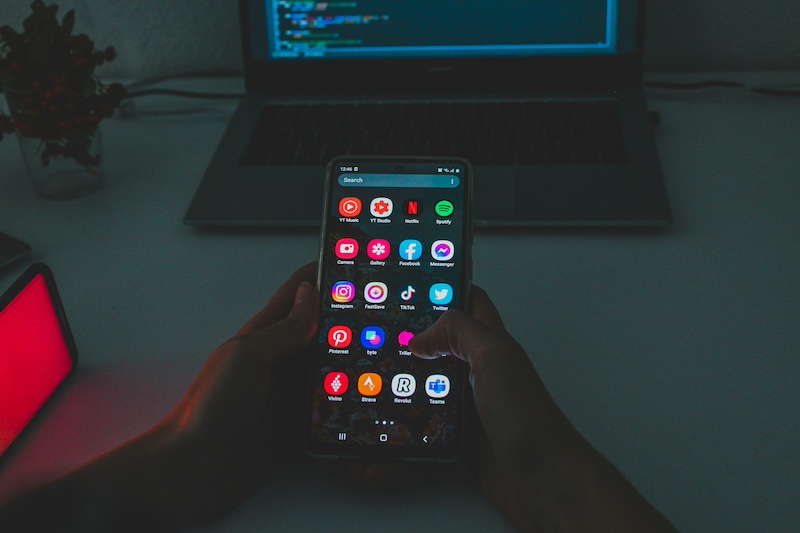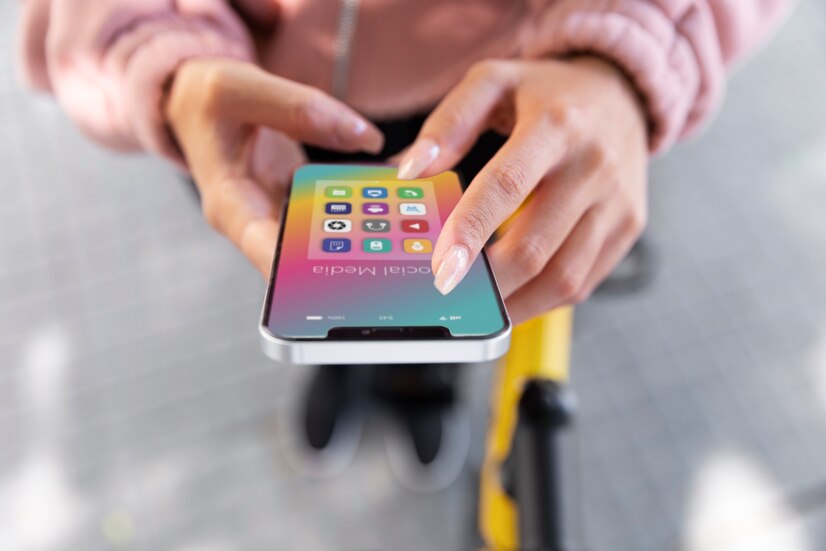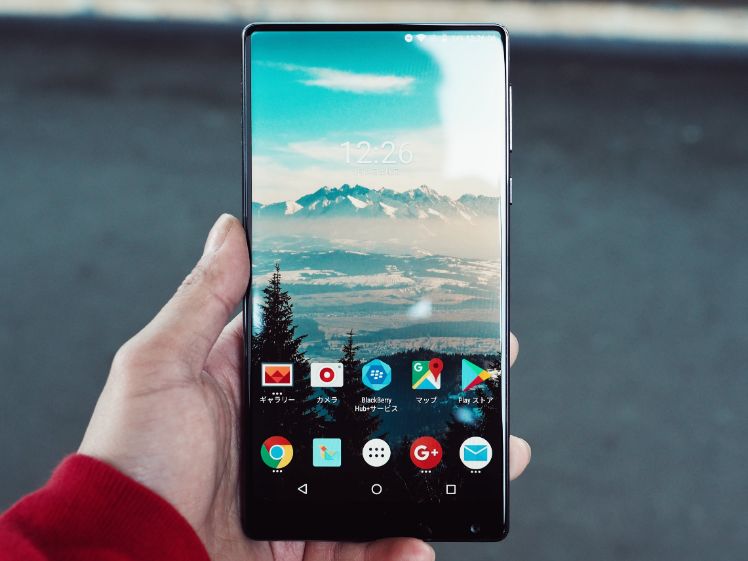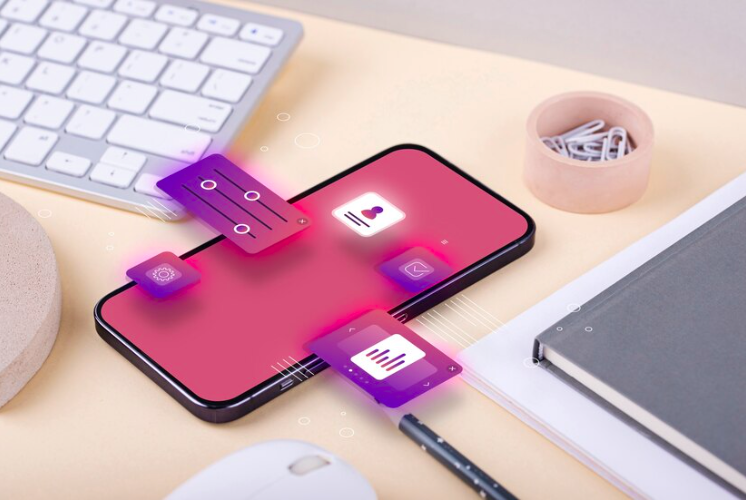When I was a kid I remember a programme on the TV in the UK: Tomorrow’s World. Every week it showed us how we would be living in the future. I would watch it and wonder, would I really be able to talk to appliances in my house?
Fast forward to today. The Internet of Things (IoT) makes our homes into this exact reality. Google’s Home and Amazon’s Alexa have already brought voice recognition into our homes. And this is only the start.
We are already starting to see that developers are beginning to specialise in new areas:
- Conversational Software – Chatting to Siri is just the start. We will be able to use our voices, not only to interact with apps and smartphones, but to identify ourselves, log into apps and request services and products.
- Cybersecurity – With the rise of new technology we are increasingly starting to realise that security of our data is key. Developers are working on new and innovative ways to use blockchain to ensure that transactions are safe, secure and documented. This will continue to be a key focus.
- Machine Learning – Google’s acquisition, DeepMind, has now created an AI agent that has learnt to play Atari games better than a human. The rise in big data gives AI agents large datasets to ‘learn’ from and we will continue to see new tech in this area.
- Understanding of peer software with hardware – Asking Alexa what the weather is each morning is just the start. The first smart heating systems for homes, controlled from your smartphone wherever you are, are already available. Soon your fridge ordering food when it runs out could become a reality.
Where developers lead, others will follow. In this new environment, what kinds of technology are now becoming trendy? What can we expect to see as an option when we are looking to develop tech for our own businesses in the near future? And who is developing products in these areas right now?
Mobile App Development with AI + Machine Learning
We’re certainly all excited about AI. The idea that certain tasks, or even jobs, could be done for us automatically is the stuff of future dreams. A lot of the tech is happening right now.
Trends in Machine Learning are not just about Google’s DeepMind playing Atari games, they can have practical applications in areas that will help us all. Take healthcare for example. IBM’s Watson, a cognitive computer, has worked in partnership with medical companies to trawl through big data and come up with ways of diagnosing patients or matching them to the best treatment available.
Earlier this year IBM made a deal with a community hospital where Watson will use their data to match patients to the best cancer treatment available for their diagnosis.
A Boston-based startup, FDNA, is developing technology that will narrow down the diagnosis of rare genetic conditions just by ‘reading’ facial features. The system has identified certain signs in your facial structure as being possible indicators for different rare disorders. A photo taken by a doctor and sent to the system could identify potential conditions far more rapidly than before.
Secure Transactions inc. banking and blockchain
It has taken a long time for innovation to come to banking. And with good reason. There can’t really be any startup failures in the banking sector, not when failure could mean taking someone else’s money with you. However, that doesn’t mean that there is no innovation.
Smartphone first bank Monzo recently got its banking licence in the UK and has been operating as a pre-paid card with an app since February 2015. Appealing to a younger audience, their apps gives you a completely up-to-date view of your balance, as you spend. It boasts spending analysis which you can customise to look at where you are spending money, or when. Fees for foreign currency transactions are incredibly low.
FinTech is booming and there will be more to come in the near future. There is already a start up offering cashback schemes and offers solely to Monzo customers based on their spending.
Blockchain has been a buzzword for a while now. It began as a way of recording BitCoin transactions. Blockchain has now grown to have many uses. By creating a digital ledger for any type of transaction that has value, it gives users an incorruptible record that isn’t hosted in one place, and can be updated by many users simultaneously.
If you work in an industry where the validity of transactions is key then you could soon be using blockchain to record those.
Soraya Behesti, a student at Columbia University, has founded an organisation called Karavan. They have developed an app that facilitates skill and service exchanges between refugees and citizens when they arrive in a new country, often unable to earn money as part of their refugee status. Soraya comments
‘We are utilizing blockchain technology to create this new kind of social network that compensates people equally per hour of their time, contributing whatever skills and services they have. It is a new direction for the shared economy.’
In this way the blockchain register will keep a record of these transactions. Points earned can be exchanged for local products and services creating a cashless economy that everyone can take part in.
Chatbots
Chatbots are already something that we’ve all seen. Many websites use a pop up chatbot to begin a dialogue on their website when users need help. They can find FAQs and direct you if you have a simple query, recommending the right way to get in touch if they can’t help. So where is the future heading for chatbots? They are clearly poised to grow and grow in popularity.
In the future chatbots will continue to grow in their usefulness. Cornelia sees the next stage as chatbots being used to verify users.
‘Logging into your favourite app is a time consuming process. With the rise of AI and chatbots, or voice recognition and virtual assistants, this can be solved. What started as a cool niche feature will become the norm.’
Balint Pataki, creator of Chatbot Tutorials, sees a future where chatbots will be used more and more frequently. He cites the rise of chatbots as being inevitable, as people download less standalone apps.
He sees chatbots as ‘mini apps’ – apps within existing apps – that users can easily access without installing. They have the same UX as the existing app. Building a chatbot that works within an existing app can also take advantage of situations where service providers offer free, unmetered access to certain apps like WhatsApp or Facebook Messenger in order to entice users.
Proof of this bright future for chatbots? As Balint explains ‘Facebook just announced this week during their annual conference that Messenger will have extra discovery tab for chatbots and games.’
Whatever the future holds, it is clear that all these new types of mobile app development will give businesses more and more options for how to develop useful tech for their users. As these start to become more integrated, more widely used and better at what they do, options for taking your product or service to your users across platforms will only grow.








